The University Library is thrilled to introduce Meleia Simon-Reynolds as the recipient of the 2023-2024 Fellowship in the Center for Archival Research and Training (CART).
Meleia is a PhD candidate in the History department, the Co-Director of the Watsonville is in the Heart Digital Archive, and the Okinawa Memories Initiative Exhibits Team Lead and Curriculum Development Co-Lead. Meleia and her team in the Watsonville is in the Heart Oral History project have been partnering with the University Library since 2021 to document and preserve the stories of Filipino American families in the Pajaro Valley area. The project is ongoing, with more oral histories to be added in the future. Audio recordings of the interviews can be accessed via Soundcloud, and the collection guide with descriptions of interviews and family biographies can be accessed on the Online Archive of California.
When she begins her fellowship in Fall 2023, Meleia will be the first CART fellow to be immersed in Special Collections & Archives for a full academic year, devoting 20 hours per week to archives and public exhibition projects in the library. During the year, Meleia will process and make available the papers of local artist and philosopher Nina Graboi, as well as the records of the Watsonville-Santa Cruz chapter of the Japanese American Citizens League (JACL). She will then curate a public exhibition using archival collections which will open in Spring 2024.
Stay tuned for more information on Meleia’s work throughout the year, and about the 10th anniversary of the Center for Archival Research and Training coming up in 2024!
Meet Meleia Simon-Reynolds
Tell us a little bit about your background. How did you decide to come to UCSC for your graduate studies?
I initially decided to attend UCSC’s History doctoral program in order to study with my advisor, Dr. Alice Yang. Her expertise in Asian American studies and oral history aligned with my desire to pursue research topics in Filipino American history and investigate personal and collective memories of migration to the United States. I was also excited by the opportunity to receive training and a designated emphasis in Visual Studies through the History of Art and Visual Culture department. This training has shaped my dissertation research on Filipino American migrant photography.
Another reason I decided to come to UCSC was because I was born in Santa Cruz. Although my family no longer lives in the area, I felt comfortable here. Through my community-engaged work with the Watsonville is in the Heart research initiative, I have been able to learn many things I never knew about Santa Cruz County’s diverse history and form relationships with community members. This experience has made UCSC and the Santa Cruz community feel even more like home.
How did you hear about CART, and what attracted you to the program?
I initially heard about the CART program during my orientation. Over my first few years of graduate school, I was able to attend workshops about conducting archival research that were immensely helpful to me. I applied for the CART fellowship because through my experience with the Watsonville is in the Heart initiative I developed a passion for archival work. I was also able to work with Special Collections staff like Alix, Teresa, and Rebecca. I am excited for the opportunity to learn so much more about archival theory and practice through the CART program and hopefully prepare to apply for jobs in archiving after I graduate.
What is the most important thing you’ve learned while working with Watsonville is in the Heart and the Okinawa Memories Initiative?
I have learned so much through my work with the Watsonville is in the Heart and Okinawa Memories Initiative. Through these projects I was introduced to public humanities and community-engaged research. I find this type of work incredibly meaningful because I am able to create strong relationships with community members and organizations. The most important lessons I have learned are the importance of building trust and allowing communities to lead the way when preserving and researching their histories. These have been my guiding principles as I engage with communities who have been historically marginalized in institutional archives and often exploited by university researchers.
What are some of your favorite things to do outside of your studies and work?
Outside of school and work my favorite thing to do is cook for my friends and family. For me, cooking is meditative and the best way to relax after a long day. Recently, I have also found a lot of joy in attending adult ballet classes at Motion Pacific Dance. It has been really exciting to get back into a hobby I did so often growing up.
The Elisabeth Remak-Honnef Center for Archival Research and Training (CART), established in 2014 at the UC Santa Cruz University Library, has trained dozens of graduate students in archives and exhibition work since its inception. In cultivating impactful learning experiences, CART develops students' archival research skills to support their career success, and increases access to unique Library resources for all.
Learn more about CART on our website.


 RSS Feed
RSS Feed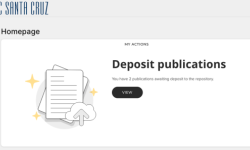
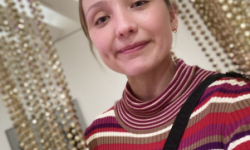
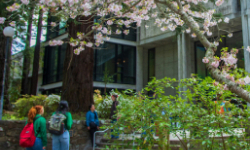
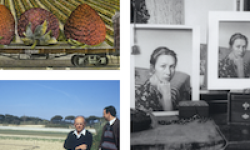
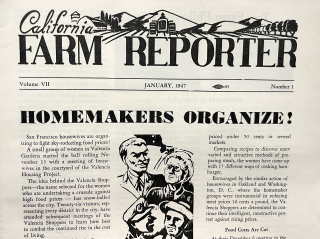
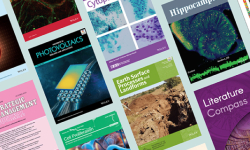
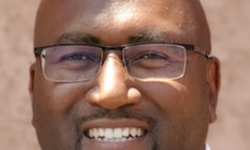
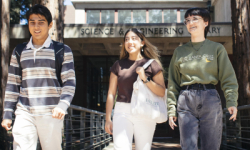

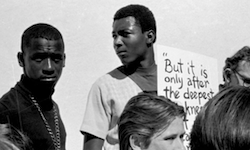


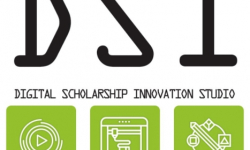
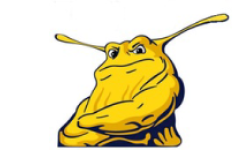
 Santa Cruz, CA
Santa Cruz, CA



